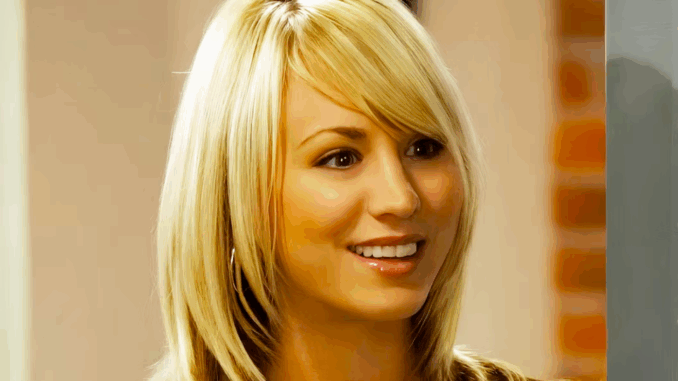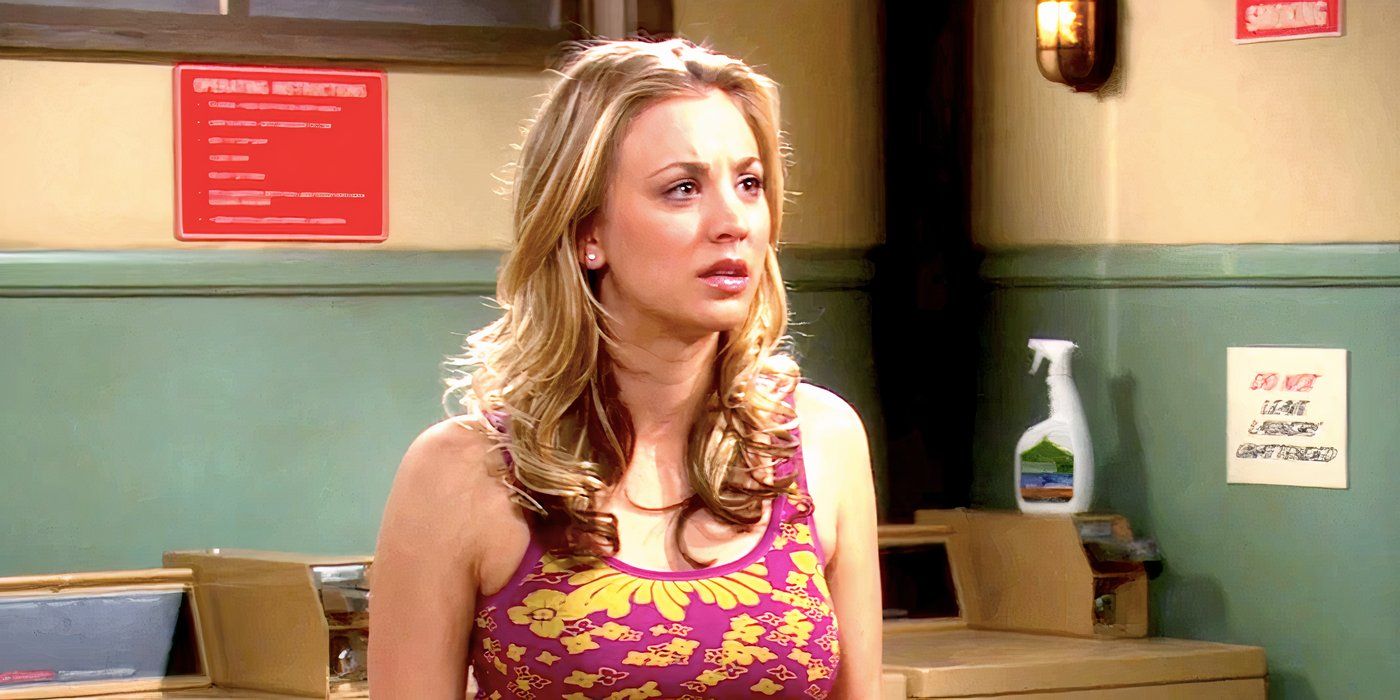
When The Big Bang Theory began in 2007, Penny was introduced with a wink and a stereotype. She was the beautiful, bubbly aspiring actress from Nebraska who moved in next door to two nerdy physicists—and who, at first glance, seemed to exist mainly as the show’s romantic interest and comedic contrast. But over 12 seasons, Penny’s role grew in unexpected ways, transforming her from eye candy to emotional cornerstone of the series.
More Than Just “The Hot Neighbor”
In the early seasons, Penny (played by Kaley Cuoco) was often written as the foil to Sheldon and Leonard’s world of comic books, quantum theory, and awkwardness. Her street smarts clashed with their academic intelligence, leading to plenty of “dumb blonde” jokes that wouldn’t pass today’s standards.
But even in those first episodes, Cuoco brought subtlety and warmth to Penny—infusing her with empathy, humor, and a certain groundedness that made her far more than a stereotype.
As the seasons unfolded, so did Penny. She wasn’t just a waitress trying to make it in Hollywood—she was a fiercely loyal friend, a moral compass, and the emotional glue that held the core group together.
The Slow-Burn Romance With Leonard
Penny and Leonard’s relationship was the central romantic thread throughout the show’s run, and its longevity was a testament to how carefully the writers handled their evolution. Rather than a simple case of opposites attract, their bond was built on mutual respect, curiosity, and the courage to change.

Leonard learned to embrace a world beyond academia. Penny slowly began to see her own worth beyond looks or career disappointments. Their love story wasn’t perfect—there were breakups, misunderstandings, and moments of doubt—but it felt real.
And when they finally married, it wasn’t just fan service. It was earned.
A Redefinition of Success
One of the most compelling aspects of Penny’s arc is how the show allowed her to redefine what success means. She didn’t become a famous actress. She didn’t “settle” for a boring life, either. Instead, she found satisfaction in a pharmaceutical sales job she never saw coming—because it gave her confidence, autonomy, and purpose.
In doing so, The Big Bang Theory subverted the usual Hollywood trajectory for women on sitcoms. Penny didn’t need a big break to feel fulfilled. She needed to believe in herself—and once she did, her transformation was complete.
Friend, Confidante, Catalyst
Penny wasn’t just the emotional core of Leonard’s story—she was integral to the entire ensemble. She formed a unique bond with Sheldon, becoming one of the few people who could challenge him, nurture him, and even comfort him when he spiraled. Their sibling-like friendship offered some of the show’s most heartfelt and humorous moments.
Her support for Amy and Bernadette also showed the evolution of female friendships in the series. What began as a male-dominated cast gradually balanced out, thanks in large part to Penny’s role as bridge and buffer between personalities.
A Character Who Grew Without Losing Herself
Perhaps the most satisfying thing about Penny’s arc is that she grew—emotionally, professionally, personally—without ever abandoning who she was. She never stopped being funny, fearless, or fiercely loyal. But she gained depth, maturity, and the kind of quiet confidence that doesn’t need applause to be felt.
Kaley Cuoco’s performance was key. Her comedic timing, layered delivery, and ability to shift between drama and humor made Penny the show’s most human character.
Penny’s Lasting Impact
By the series finale, Penny wasn’t just the “girl next door” anymore. She was a wife. A friend. A woman with a complicated past and a hopeful future. And in a show filled with genius minds and cosmic theories, she became its emotional gravity.
In the world of The Big Bang Theory, Penny reminded us that you don’t need a PhD to be the smartest person in the room.
Sometimes, all you need is heart.